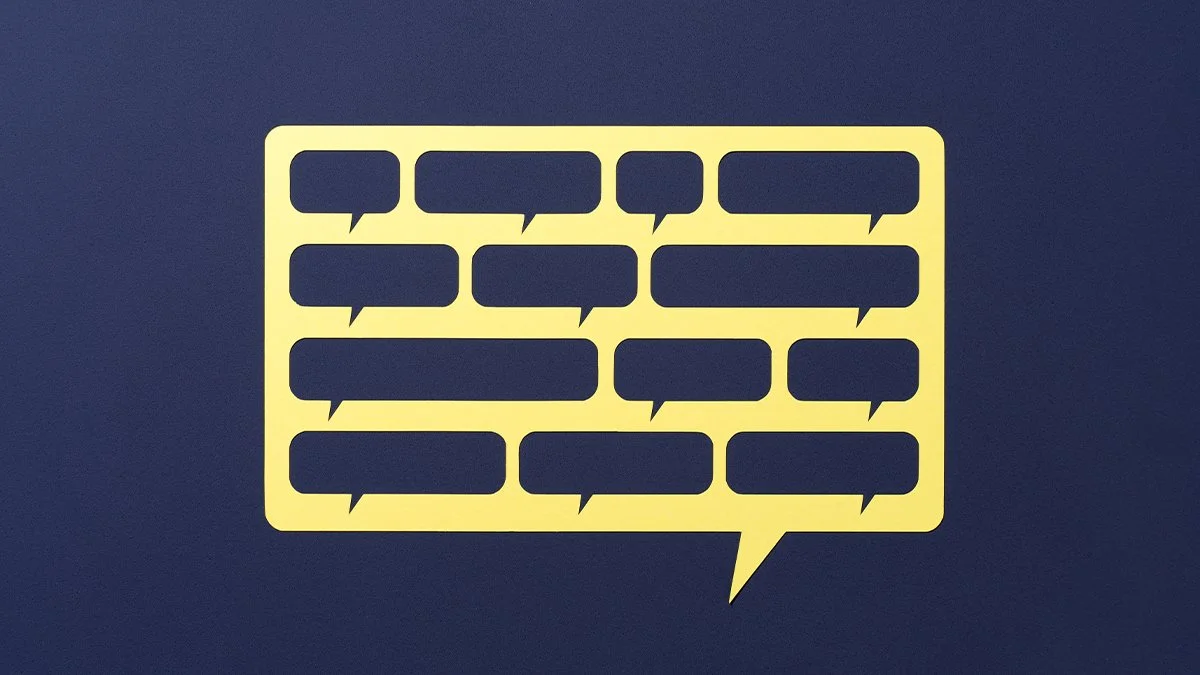Using AI To Write A Cover Letter? Make Sure It Sounds Like You
In today's tough job market, AI can help you produce cover letters at scale. With a few tweaks, you can make them great—and actually sound like you.
How To Write In A Professional, Authentic Tone Of Voice
It’s notoriously tricky to capture your voice in your writing. In Grace’s recent article for Forbes, she offers three practical exercises for tackling this challenge.
How to Respond to Angry Emails
How do we respond when emotions are high? Next time you get an angry email, pause, consider your digital footprint, and try these 5 tips.
If You’re A Slow Writer, Here’s How to Get Faster
In Grace’s recent article for Forbes, she give you four ways to keep you focused and moving fast while writing. This is the third article in a series about completing ambitious writing projects.
How to Overcome Procrastination and Meet Your Deadlines
In Forbes, Grace gives her guidance for taking steps to avoid and ultimately overcome writing deadline procrastination: analyze, edit, and research.
Up Against A Deadline? Tips For Writing Your Way To The Finish Line
Writing is often considered a creative or even artistic process that’s largely intuitive. You need to treat your writing like a science experiment instead.
An Interview with Plain Language Leader Casey Mank
In this interview with WordRake, Casey talks communication strategies for International Plain Language Day.
When To Use Adam Grant’s ‘Weak Language’ And When Not To
In Forbes, Grace Aldridge Foster gives three guidelines for using “weak language,” like hedging and disclaimers.
When to Give Verbal Feedback — and When to Do It in Writing
In Harvard Business Review, Bold Type Co-Founder Casey Mank and Sarah Gershman give guidance for choosing the right format for delivering feedback.
Go Solo Feature: Grace Aldridge Foster of Bold Type
SubKit interviewed Bold Type Co-Founder Grace Aldridge Foster about the ins and outs of entrepreneurship.
Take Control of Your Email Inbox With These Seven Steps
In Forbes, Bold Type Co-Founder Grace Aldridge Foster offers seven steps to a pain-free inbox.
3 Ways to Write Faster Drafts
Editing yourself while you write is slowing you down. Break the habit with these 3 tips and produce written content faster.
Purchase your reader’s attention
In the age of information overload, reaching your reader can be difficult. But you can reach them more easily if you treat their attention like a rare and precious resource.
Why are food blog recipes so long?
Food blogs exemplify how writing, user experience, and technology intersect. They also raise questions with important implications for anyone writing on the web.
How to make long web pages easy for your readers
We love brevity, but we know that sometimes your web content just has to be long and detailed. You can still make it easy for your reader. Three government websites show you how.
Writing Hack: Move Key Info to the Left
Moving key info to the left will instantly make your writing stronger. This hack works for everything you write.
How to edit other people’s writing
There’s a lot that can go wrong when you’re editing a colleague’s writing. We’re sharing our advice for editing (but not over-editing) someone else’s work—and preserving your working relationships while you’re at it.
Self-editing tools for working at home
Getting a second set of eyes on your writing is the oldest (and best) editing trick in the book. The next best thing might be using one of these tools. They’ll catch your errors, keep your word choice on target, and help you be objective about your writing.
5 Books for better writing
Whatever your preference—paperback, audiobook, ebook—reading is good for you. These recs will help you write better, too.
Even for CEOs, writing is hard
Some writing tasks are just plain harder than others—but every one involves measurable skills that anyone can master.





















